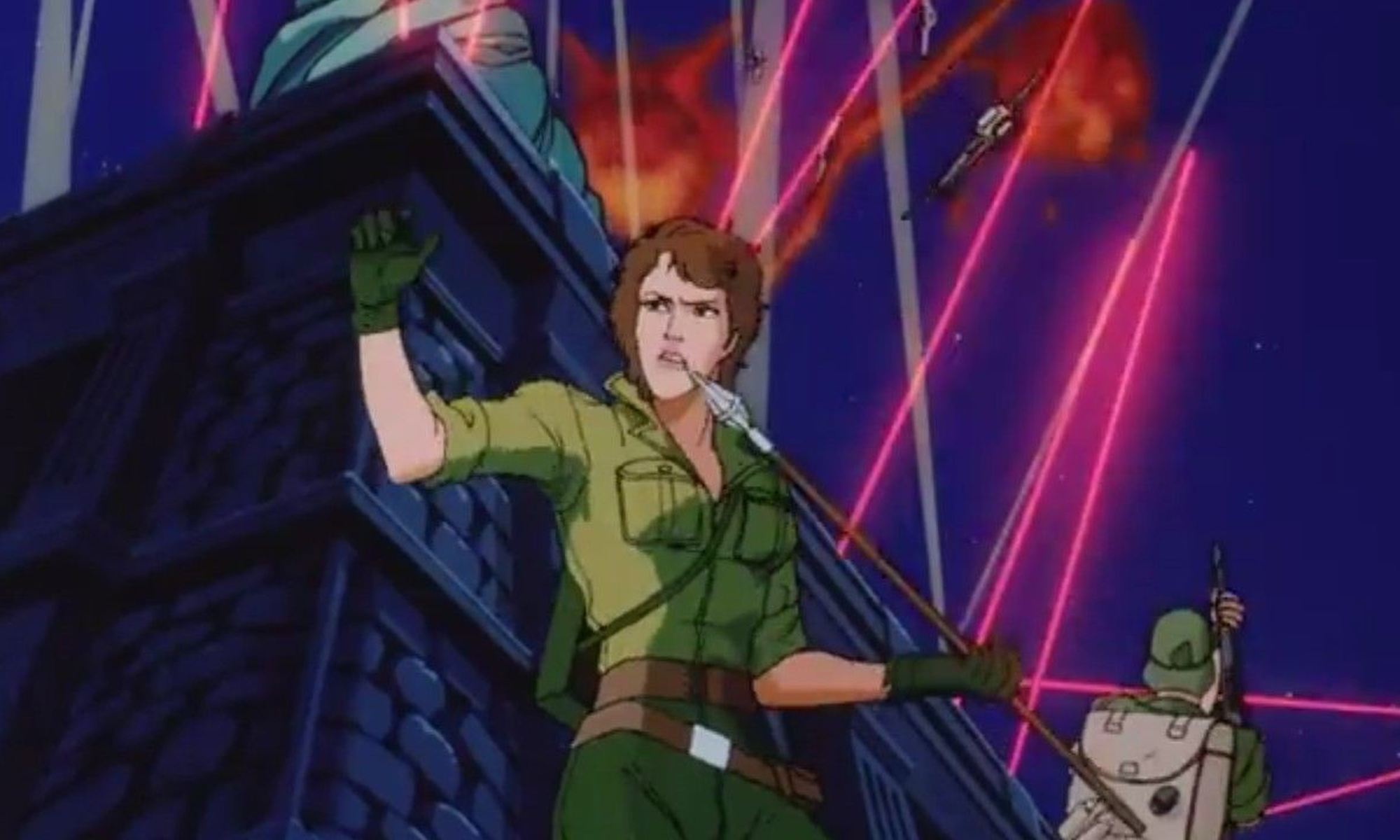Movie Treatment: “The Hidden Hand”
Written by: Nelly Furtado
Genre: Political Thriller / Mystery
Logline: In the wake of President John F. Kennedy’s assassination in 1963, a secret investigation reveals the hidden forces that orchestrated the murder. Using Psalm 62:5 and Psalm 64 as metaphors, the film explores how the Masons and shadow elites conspired to remove a president who threatened their grip on power, with the Warren Commission’s investigation covering up the truth.
ACT 1:
The film opens in the early 1960s, with President John F. Kennedy in the midst of his presidency. JFK is portrayed as a charismatic leader, beloved by many, but increasingly at odds with powerful factions within the U.S. government, the military-industrial complex, and secret societies like the Freemasons. Kennedy’s progressive policies, his push for peace during the Cold War, and his desire to end the Vietnam War make him a target for those who stand to profit from war and secrecy.
The film introduces key players, including Lee Harvey Oswald, a man with a mysterious past, and key figures within the CIA and FBI who are quietly working to discredit and undermine Kennedy. JFK’s growing awareness of the threats against him is juxtaposed with his deepening commitment to transparency and justice, much to the dismay of the powers that be.
In a series of private moments, JFK begins to reflect on his own vulnerability, quoting Psalm 62:5: “For God alone, O my soul, wait in silence, for my hope is from him.” This psalm becomes a metaphor for Kennedy’s internal struggle: his belief in doing what is right versus the dangerous forces conspiring against him.
ACT 2:
November 22, 1963, the day of the assassination, is depicted with a sense of foreboding. JFK’s motorcade winds through Dealey Plaza in Dallas, Texas. The camera lingers on the faces of the crowd, as well as on key figures in the shadows—men who are orchestrating events from behind the scenes. The film does not focus on the mechanics of the assassination itself but rather on the unseen hands pulling the strings.
As Kennedy is shot, the film cuts to the chaos that follows. The assassination is quickly labeled as the work of a “lone gunman,” Lee Harvey Oswald. However, the film shows the immediate doubts surrounding the official story. Witnesses are intimidated, and evidence is altered. The Warren Commission, led by Chief Justice Earl Warren, quickly concludes that Oswald acted alone, but the public remains skeptical.
The film uses Psalm 64 as a key metaphor to illustrate the conspiracy behind the assassination: “Hear my voice, O God, in my complaint; preserve my life from the dread of the enemy. Hide me from the secret plots of the wicked, from the throng of evildoers, who whet their tongues like swords, who aim bitter words like arrows.” This psalm speaks to the hidden forces behind the assassination, the shadowy figures who planned the event in secret.
The “magic bullet” theory, which suggests that one bullet caused multiple wounds to both Kennedy and Texas Governor John Connally, is portrayed as a symbol of the absurdity of the official narrative. The film suggests that the magic bullet is a metaphor for the manipulation of truth, where the facts are twisted to serve the needs of those in power.
ACT 3:
In the aftermath of the assassination, the film delves into the investigation and the efforts to suppress the truth. The public is fed a steady diet of lies, and the true story of what happened in Dealey Plaza is buried beneath layers of government cover-ups and media manipulation.
The film introduces a group of whistleblowers, journalists, and former government insiders who begin to piece together the puzzle. They uncover evidence of a conspiracy involving powerful elites, secret societies, and shadowy figures within the U.S. government who feared Kennedy’s reforms and his stance against the military-industrial complex. The group’s investigation is framed by the idea of Psalm 62:5, with the truth lying hidden beneath the surface, waiting to be revealed.
The final act culminates in a dramatic revelation: the assassination was not the work of a lone gunman but a carefully orchestrated ambush. The film suggests that Kennedy was targeted because of his threat to the established order, and that his murder was part of a larger plan to maintain the status quo. The film ends with the haunting image of a world forever changed by the loss of a president who dared to challenge the system.
Themes:
- The Hidden Hand of Power: The film explores the idea that the assassination of JFK was not a random act of violence but a deliberate and orchestrated event by powerful forces who feared his leadership. The Masons and other secret societies are depicted as key players in this conspiracy, manipulating events from the shadows.
- The Struggle for Truth: The film highlights the difficulty of uncovering the truth in a world where powerful institutions work to suppress it. The Warren Commission’s investigation is shown as a whitewash, designed to protect those responsible for the assassination.
- Divine Providence and Vulnerability: JFK’s reliance on Psalm 62:5 symbolizes his faith in a higher power, even as he faces overwhelming odds. The film contrasts this with the forces conspiring against him, suggesting that while Kennedy may have trusted in God’s plan, his enemies were working with their own designs.
- The Magic Bullet as a Metaphor: The “magic bullet” theory is used as a symbol of the manipulation of truth. The film suggests that the official narrative of the assassination is as absurd as the idea of a single bullet causing multiple wounds, and that this is part of a larger effort to distort reality.
- Psalm 64 and the Hidden Conspiracy: The film uses Psalm 64 to frame the assassination as a secret plot by powerful elites who aim to protect their interests. The psalm speaks of the hidden dangers posed by those who work in the shadows, much like the figures behind the assassination.
Final Notes:
Nelly Furtado’s treatment for “The Hidden Hand” is a political thriller that blends historical events with metaphysical themes. By using the Psalms as a framework, the film explores the idea that the assassination of JFK was not just a tragic event but part of a larger conspiracy orchestrated by those who feared his vision for a more just and transparent world. The film raises questions about the nature of power, truth, and the forces that shape history, offering a compelling look at one of the most controversial moments in American history.


